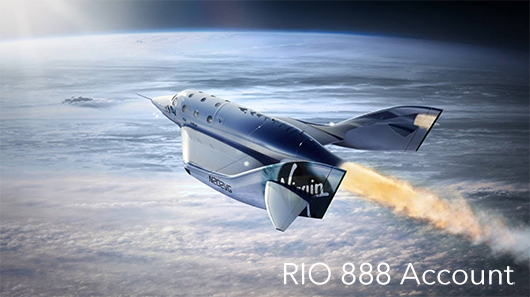


RIO Press Articles |
| Globe Asia - Jun 2011 |
| Globe Asia - Currency Wars Nov 2010 |
| Player Magazine - Born Trader 2009 |
RIO ARC Reports |
| ARC GBP Report Jul2025 |
| ARC USD Report Jul2025 |
| ARC USD Report Apr2025 |
| ARC GBP Report Mar2025 |
| ARC USD Report Mar2025 |
RIO Platinum USD/GBP Reports |
| RIO Platinum USD Oct2025 |
| RIO Platinum USD Mar2025 |
| Platinum Report Feb2025 |
| RIO Platinum GBP Oct2024 |
| RIO Platinum USD Jun2024 |
RIO Silver Lining Reports |
| Silver Lining GBP Jul2025 |
| Silver Lining Report Feb2025 |
| Silver Lining Report Feb2025 |
| Silver Lining USD Report Oct2024 |
| Silver Lining GBP Report Jun2024 |
RIO Currency Concept Reports |
| Currency Concept Report Apr2025 |
| Currency Concept Report Apr2025 |
| Currency Concept Report Oct2024 |
| Currency Concept Report Jul2024 |
| Currency Concept Report Dec2023 |
RIO Property Reports |
| RIO Property Oct2025 |
| Property Report Apr2025 |
| Property Report Mar2025 |
| Property, a focus on Scotland Oct24 |
| Property Report Oct2024 |
RIO Regular Reports |
| Regular USD Report Oct2025 |
| Regular USD Report Jul2025 |
| Regular USD Report May2025 |
| Regular GBP Report May2025 |
| Regular GBP Report Apr2025 |
General RIO Club Reports |
| RIO Smart Money Oct2025 |
| Britain not so Great for some |
| Gold Report Nov2023 |
| Gold Jan2023 |
| End of Year Summary 2022 |
General Investment Reports |
| Will the Fed cut interest rates? |
| Gold |
| The UK Budget |
| The Election is Over! |
| Gold Report Mar2024 |
RIO Charity and Sponsorship |
| RIO Sponsors ATGT 2025 |
| RIO Sponsors GTC Marbella 2025 |
| RIO Sponsors Garden Party Spain |
| RIO Sponsors FUFGT 2025 |
| RIO Sponsors German Open Cup 2025 |
Health Wealth and Happiness

Download the historic RIO magazines
Virgin Galactic partners with Rolls-Royce as it looks to build an aircraft for supersonic air travelSpace tourism venture Virgin Galactic announced it signed an agreement with Rolls-Royce to develop an aircraft for supersonic travel, giving a first look on Monday of the coming vehicle's design. Supersonic travel is a long-term bet for Virgin Galactic, which has been developing reusable spacecraft capable of sending people on short trips to the edge of space for more than a decade. Virgin Galactic said it completed a mission concept review alongside NASA of its supersonic vehicle design and now will work with the Federal Aviation Administration to create a framework for certifying the aircraft for flight. Previously Boeing's venture arm invested $20 million in Virgin Galactic, specifically toward helping the company build a supersonic aircraft. "We have made great progress so far, and we look forward to opening up a new frontier in high speed travel," Virgin Galactic chief space officer George Whitesides said in a statement. British aerospace company Rolls-Royce has a notable history making aircraft engines, including having built the engines that powered the supersonic Concorde aircraft. British aerospace company Rolls-Royce has a notable history making aircraft engines, including having built the engines that powered the supersonic Concorde aircraft. The initial supersonic design targets Mach 3, or three times the speed of sound, using a delta-wing aircraft. Virgin Galactic said the aircraft would be capable of carrying between 9 and 19 passengers and would cruise at an altitude above 60,000 feet. While Virgin Galactic's current focus is on its space tourism business, Wall Street analysts point to the potential its supersonic aircraft would have to disrupt the commercial airline market. Morgan Stanley in December highlighted Virgin Galactic's supersonic potential, with the firm forecasting $800 billion in annual sales by 2040 for high speed travel. The company’s design puts it into a development race against a few other private firms, some of which have been working on next-generation supersonic aircraft for several years. Boom Supersonic, Aerion Supersonic, and Spike Aerospace each are working on supersonic jets — and, before the the coronavirus pandemic, those companies expected to conduct test flights as early as 2023 or 2024. |